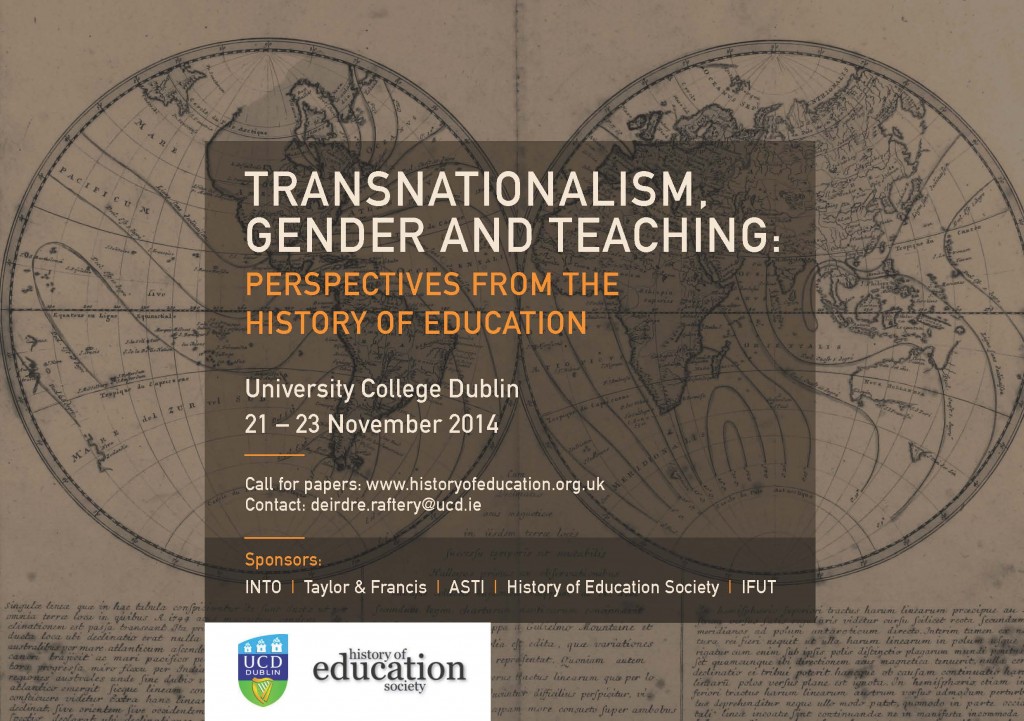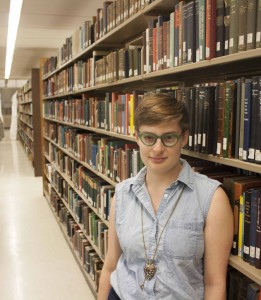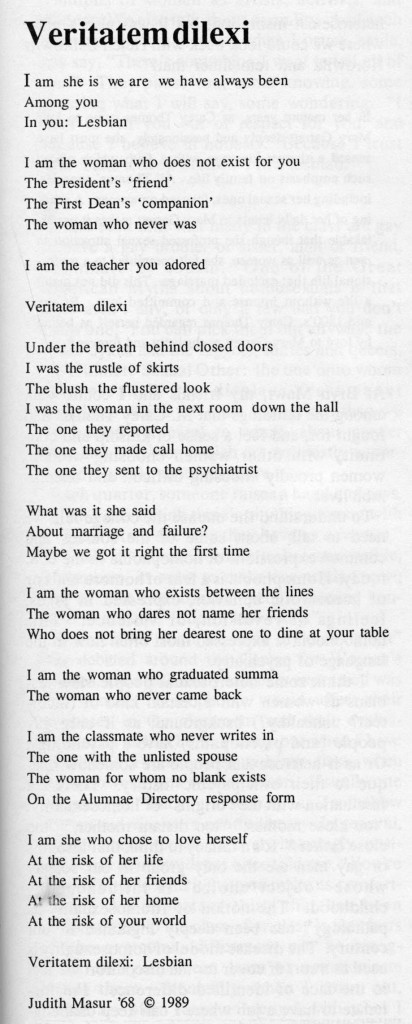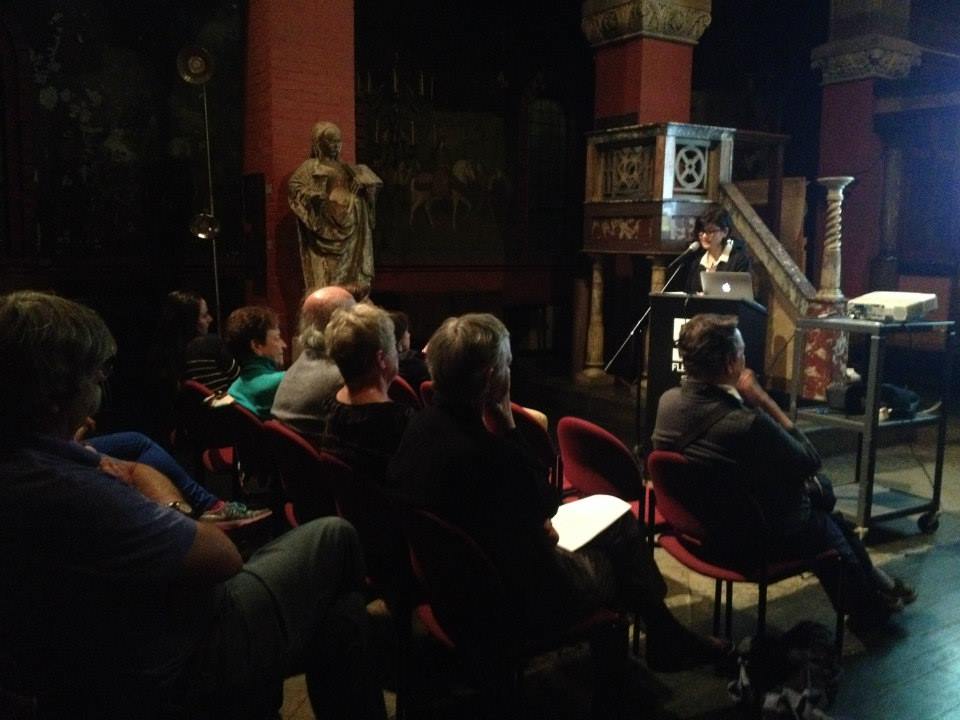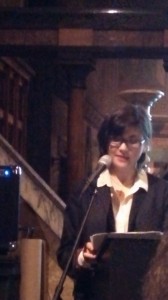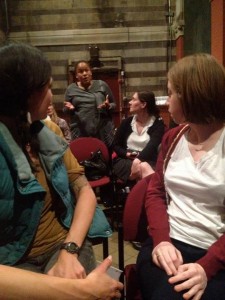Special issue, “Recovering Alice Dunbar-Nelson for the 21st Century”
Guest Editors: Sandra Zagarell, Katherine Adams, Caroline Gebhard
Legacy: A Journal of American Women Writers solicits papers for a special issue devoted to writing by Alice Dunbar-Nelson. Best known today as the author of regionalist short fiction set in her native New Orleans, Dunbar-Nelson was also an essayist, poet, playwright, newspaper columnist and editor, diarist, anthologist, educator, and activist engaged in the suffrage movement and African American political and social advancement.
Neither Dunbar-Nelson’s oeuvre nor her life fits comfortably into the ways of thinking that have traditionally shaped Americanist, African Americanist, and feminist criticism. For example, while some of her short stories openly engage racial inequity, much of the New Orleans fiction seems to hew to an aesthetic that prizes polish over politics. It takes considerable knowledge of the city’s racialized cultural geography and history to recognize how artfully Dunbar-Nelson’s fiction unsettles presumptions about racial and sexual distinctions, religion, ethnicity, nation, class, and gender. Dunbar-Nelson’s own practices of identification were enormously complicated. She was a prominent black activist and public intellectual; she felt that as a light-skinned African American she suffered from reverse colorism; she was herself sometimes derisive about dark-skinned blacks. Her sexuality was fluid: she had sexual-romantic relationships with women as well as men, and her most enduring relationships were with her third husband, Robert J. Nelson, and a woman educator, Edwina B. Kruse.
Despite Akasha Gloria Hull’s pioneering recovery work and the publication of three volumes by the Schomburg Library of Nineteenth-Century Black Women Writers, Dunbar-Nelson’s writing still awaits the recognition it merits. This special issue sets out to revisit Dunbar-Nelson’s work in relation to recent and new areas of scholarly inquiry, including critical regionalisms; new southern studies; intersectional feminist criticism; black print culture and periodicals studies; the rethinking of periodization; and reconsiderations of relationships between genre and literary historiography, politics and aesthetics. Not only do such frameworks promise to bring Dunbar-Nelson’s writing and life more fully into view; the writing and the woman promise to help us complicate and advance these developing frameworks.
The guest editors invite submissions focused on any period or aspect of Dunbar-Nelson’s career, with a special interest in scholarship that looks beyond her New Orleans collections, Violets(1895) and The Goodness of St. Rocque (1899). Comparative analyses with contemporaneous writers are welcome.
Deadline: Completed papers must be submitted by 30 September 2014. Length limit: 10,000 words (including endnotes and list of works cited) using MLA format. Send electronic copies of papers to this special issue’s guest editors: Katherine Adams (adamsk@sc.edu), Sandra Zagarell (szagarel@oberlin.edu) and Caroline Gebhard (gebhard@mytu.tuskegee.edu). Questions may be directed to any of the three.
